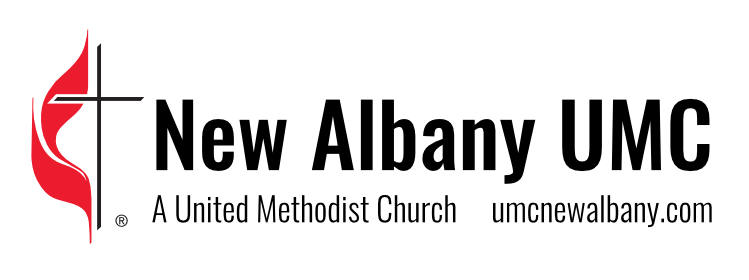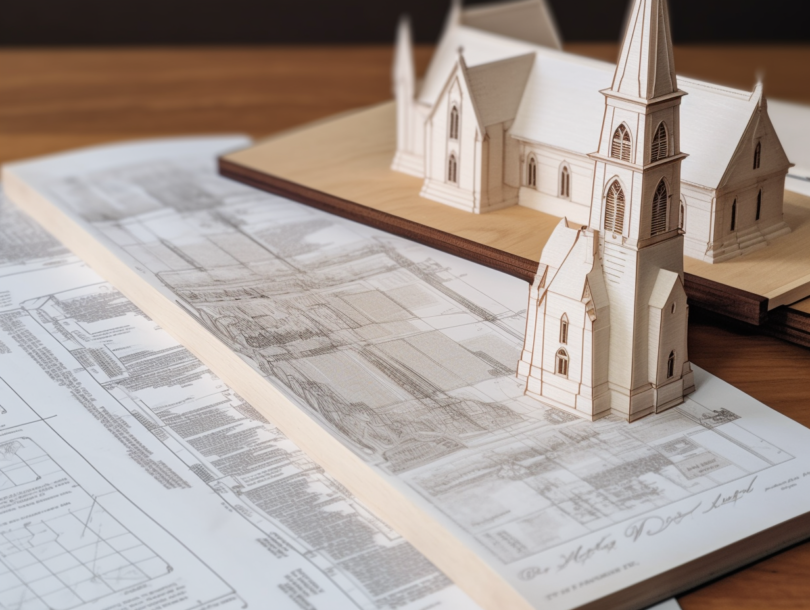Our first small-group meeting brought eighteen eager, excited people together to begin thinking about the identity we want to establish for our church.
The first session, led by Pastor Dan Darling, focused on the initial chapters of Zero to Eighty, a resource book for groups involved in the work of planting churches. Zero to Eighty explores the insights gleaned by the group that launched Atlanta’s Impact Church, with sections focused on topics like vision, relationships, marketing, small group meetings, hospitality, worship, and more. It’s a “cookbook of creativity,” packed with thought-provoking questions. (If you like, you can review our Reader’s Guide to Zero to Eighty.)
The first chapter encourages readers to reflect on the influences that shaped us, the gifts we possess, the lessons we’ve learned, and experiences we’ve had. How might these inform the planting of a church we’d feel called to serve? We had many responses:
We’re not starting from scratch. As United Methodists, we have the advantage of having doctrines, principles, and traditions already in place. Instead of feeling weighed down or limited by these resources, we feel inspired and supported! As our work progresses, we know we’re building on a firm foundation.
We know what it feels like to be “the other.” Many of us share the experience of feeling cast out or left behind by friends and churches where we used to feel at home. As a result, we want our church to be a place where everyone can be welcome and “at home.”
We appreciate a diversity of thought. Our area feels saturated with churches that tell their members what to think. We’re interested in offering an exciting alternative: a church were people are encouraged to think for themselves. We’re okay with questions. We don’t have to know all the answers. And we can work closely together with others whose opinions and conclusions differ from our own.
We want to serve our community. We’re inspired by the story from Zero to Eighty where a church meeting in a school became a patron of that school. We want to find opportunities in our own community where our gifts can make a difference. What does New Albany need that we can supply?
We see opportunities for ministry. Especially as some traditions have moved to exclude entire communities of people, we see an opportunity to have “Open Hearts. Open Minds. Open Doors.” We think our Social Principles can lead us to being a safe haven for those who may have been rejected, shut out, or spiritually abused elsewhere.
We also took on some homework to consider before our next meeting:
- What name will we use? To help differentiate ourselves from others, we need a distinctive name. Is it important to have the word “First” in our name? What about “United?” Would including our city’s name help people find us? We noted the need to consider not just what a name means to us … but also what it will mean to those who need us, or who might be drawn to us.
- What gifts do we possess? Some of us shared stories about churches and groups that provided support for their communities by offering access to simple but valuable services, from bike repair to tutoring. We also need to think about how our personal gifts (for singing, for teaching, for organizing) can help our new church to grow.
It’s a lot to think about — and we don’t have to make all these decisions today. That said: how exciting to have the opportunity to be a part of shaping a church’s identity from the very beginning!



